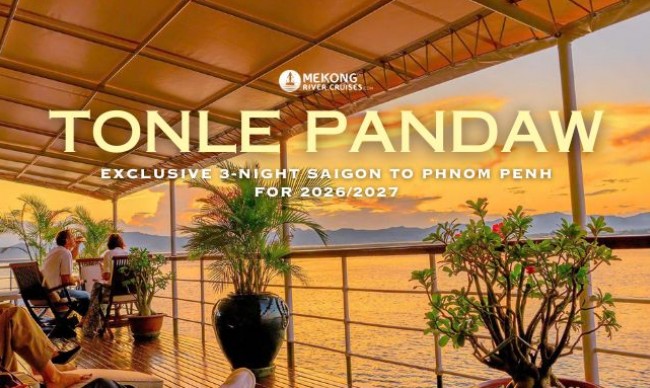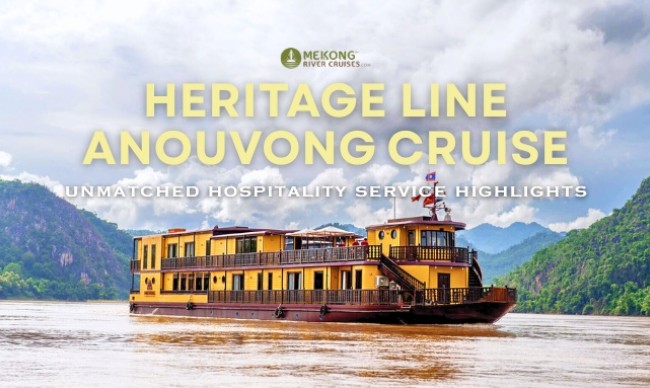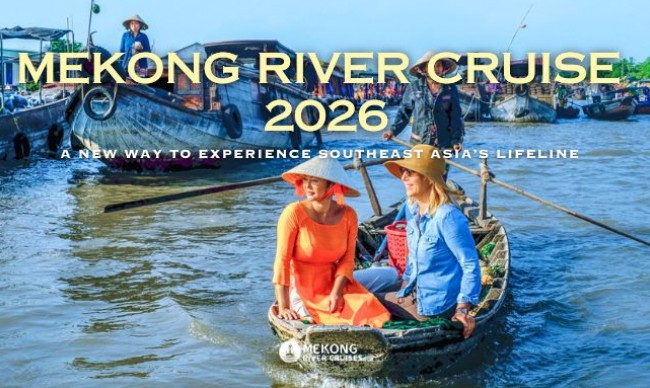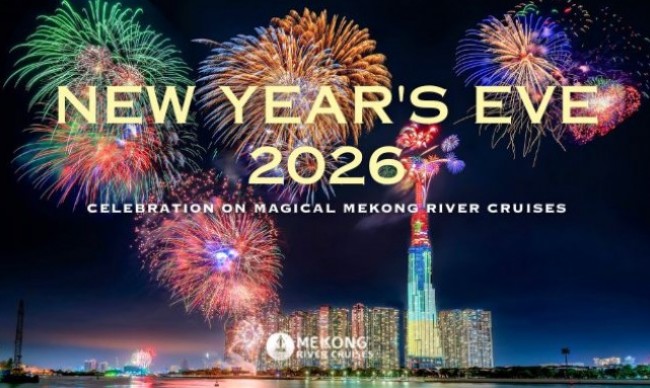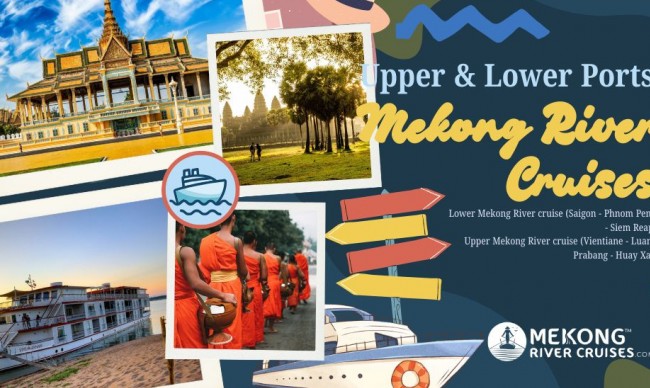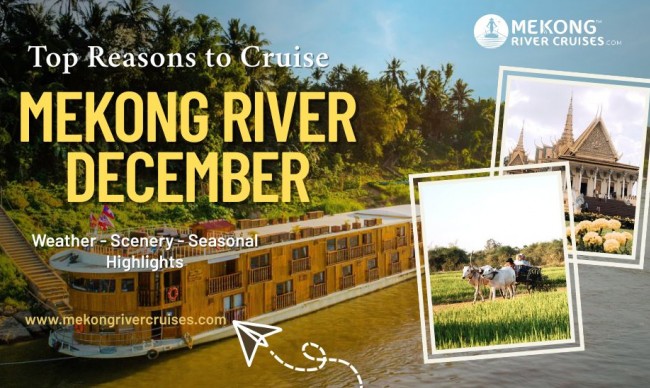Jayavarman VII: The Visionary King of the Khmer Empire
Jayavarman VII, one of the most revered and dynamic monarchs in Southeast Asian history, ruled the Khmer Empire from the late 12th to the early 13th century (c. 1181-1218 CE). A deeply spiritual and reform-minded leader, Jayavarman VII ushered in a golden age for the Khmer civilization, marked by sweeping architectural projects, social reforms, and military conquests that expanded and unified the empire.

A King of Devotion and Compassion
Unlike many of his predecessors who followed Hinduism, King Jayavarman VII was a devout Mahayana Buddhist. His reign marked a spiritual and cultural transformation of the Khmer Empire. He championed the Buddhist ideals of compassion, selflessness, and service, integrating them into both governance and infrastructure.
One of his most remarkable qualities was his devotion to the well-being of his people. In inscriptions from his reign, he expressed personal sorrow for their suffering, once famously stating, "He suffered from the illnesses of his subjects more than from his own."

Architectural and Administrative Achievements
Jayavarman VII's reign is best remembered for its prolific and ambitious building projects. He transformed the empire’s capital, Angkor, and left a monumental architectural legacy that endures today:
Angkor Thom: The new capital city he founded, fortified with massive walls and surrounded by moats, symbolizing both physical and spiritual protection.
The Bayon Temple: Located at the heart of Angkor Thom, this richly decorated temple is renowned for its serene stone faces and complex bas-reliefs, representing Jayavarman’s divine kingship and the cosmic order.
Ta Prohm and Preah Khan: Temples built both as religious sanctuaries and educational institutions, reflecting the fusion of spiritual and practical values under his rule.
Public Infrastructure: He oversaw the construction of roads, rest houses every 15 kilometers, and over 100 hospitals throughout the empire, demonstrating a commitment to public welfare that was unparalleled in the region at the time.

Military Triumphs and Expansion
King Jayavarman VII ascended to the throne in the aftermath of a devastating invasion by the Cham, a neighboring kingdom from present-day Vietnam. His early reign was defined by a fierce military campaign to expel the invaders. Not only did he succeed in reclaiming Khmer territories, but he also launched a counter-invasion into Champa, bringing it under Khmer influence.
This military success helped restore stability and confidence in the empire, and it allowed Jayavarman to pursue his grand vision for a just and prosperous society.

A Legacy That Floats Through Time
Though centuries have passed since his reign, Jayavarman VII’s legacy remains vividly alive in Cambodia and beyond. His image - wise, resolute, and serene - still gazes down from temple towers, silently watching over the descendants of his empire.
Today, those seeking to explore the majesty of ancient Indochina can do so in luxury aboard the Heritage Line Jayavarman Cruise. Named in honor of the great king, this boutique river vessel sails the rippling waters of the Mekong River, retracing the lifeblood of Southeast Asia that once connected the Khmer Empire’s distant lands.
Designed in the style of a French colonial steamer with Indochinese elegance, the Jayavarman offers travelers a journey that is both historically rich and deeply relaxing. As guests float past vibrant riverbanks and ancient temples, they are, in a way, following the footsteps of a king who once envisioned a unified, compassionate, and flourishing empire.

For more information on this luxury Mekong River cruise, please visit our Mekong River cruise official website or contact our travel experts at any time.
